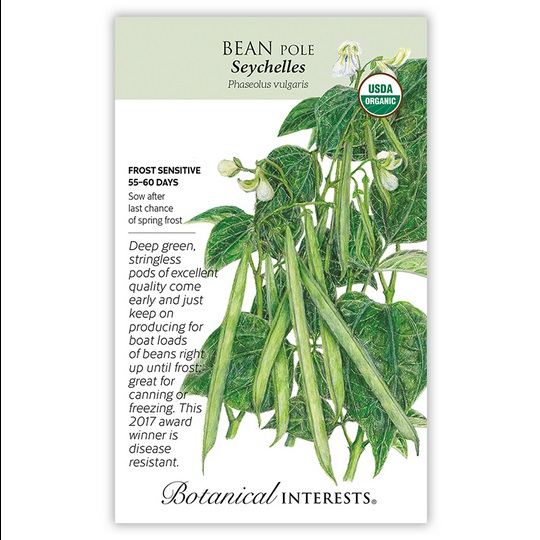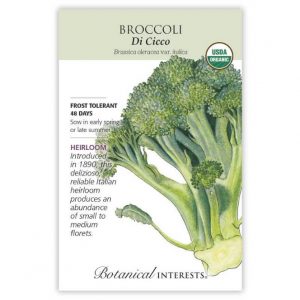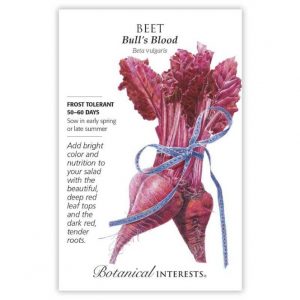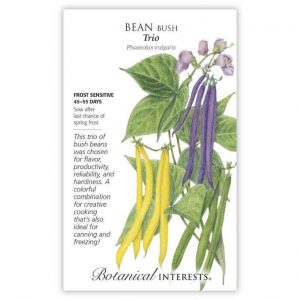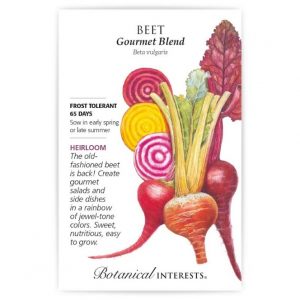Description
A 2017 All-America Selections winner, 'Seychelles' (pronounced “say-shells”) 7'–9' long vines produce trusses (clusters) of delicious, 4″–6″ long, dark green, tender pods that out-perform many standard varieties. Expect earlier and more abundant harvests from this excellent-quality, mostly straight pole bean, which continues to produce until frost. Seeds are slow to develop, and the pods' deep green color remains when cooked. Disease resistant to anthracnose and common bean mosaic virus.
Botanical Name: Phaseolus vulgaris
Days to Maturity: 55–60 Days
Family: Fabaceae
Native: Mexico and South America
Hardiness: Annual; very frost sensitive
Plant Dimensions: 7'–9' long vines
Variety Information: 4″–6″ long, deep green, stringless, mostly straight pods with light-green beans inside. Disease resistant to anthracnose and common bean mosaic virus.
When to Sow Outside: RECOMMENDED. 1 to 2 weeks after your average last frost date, and when soil temperature is at least 65°F, ideally 70°–85?F. Successive Sowings: Every 7 to 14 days up to 80 days before your average first fall frost date. NOTE: In very hot summer areas, skip sowing as high heat approaches; temperatures consistently above 90°F will prevent beans from forming.
When to Start Inside: Not recommended; bean seedlings are sensitive to root disturbance.
Days to Emerge: 6–12 Days
Seed Depth: 1″
Seed Spacing: 1 seed every 6″
Row Spacing: 36″
Thinning: Not required
Harvesting: Snap beans are ready to pick when the pod “snaps” or breaks in half cleanly. This is when seeds have just begun to form and the pods are several inches long (depending on the variety). Hold stem with one hand and the pod with the other hand to avoid pulling off branches, which will continue to produce. Harvesting early and often will stimulate flower production for more beans. At season's end, plants are great compost material if they are disease-free.
